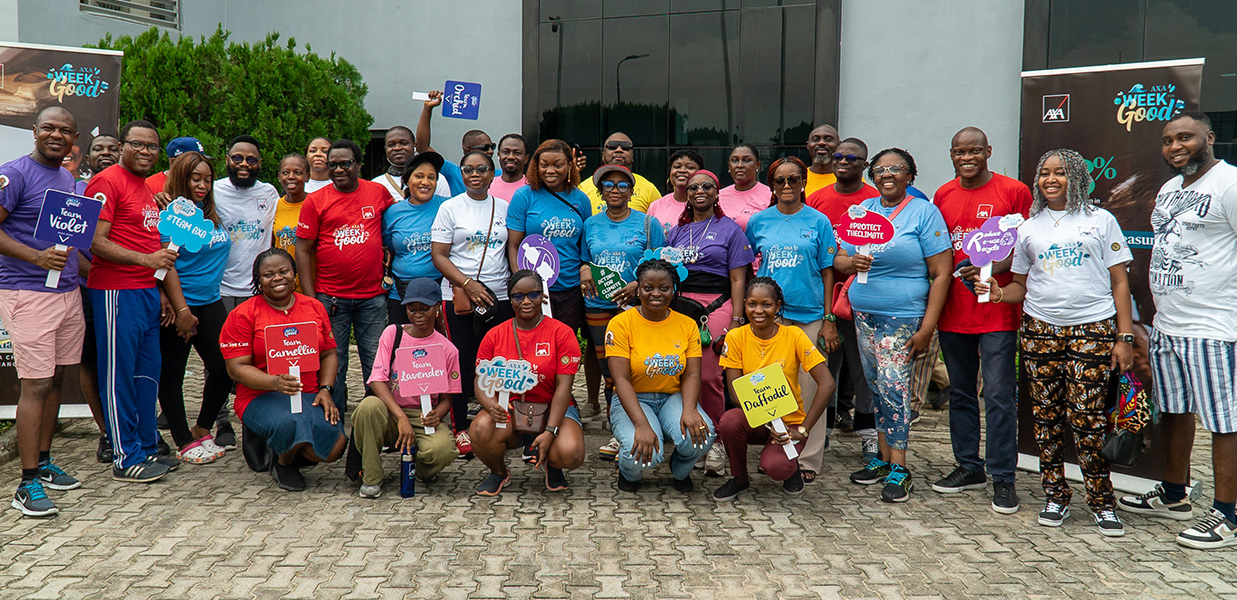A quiet revolution is occurring in the fast-paced world of contemporary business, where boardroom conversations are dominated by quarterly targets and strategic initiatives. Once confined to whispered discussions in business corridors, mental health is now a critical part of organisational strategy. However, for many businesses, the discussion stays surface-level, more checkbox than culture. It’s time to pose the difficult but vital question as we mark Mental Health Awareness Month in May: Are we giving workers the psychological safety they require to succeed in roles that are becoming more and more demanding?
Mental Health: Not a Perk, But a Performance Driver
There is clear and convincing evidence that mental health is more than just crisis intervention and compassionate care. The main goal is to maintain excellent performance over an extended period of time. The costs show up in both obvious and hidden ways. Even though a manager or executive may physically be at their desk every day, the consequences of their internal burnout are felt throughout the company in the form of lost opportunities, expensive mistakes, and declining team morale. The World Health Organisation estimates that lost productivity from depression and anxiety alone costs the world economy more than $1 trillion a year. For comparison, that is equal to the GDP of numerous developing nations.
Forward-thinking companies now understand that funding mental health programs is good business practice, not corporate charity. According to Deloitte research, the return on investment for mental health programs varies from $1.30 to $4.70 for every dollar invested. This is due to lower healthcare costs, higher productivity, and decreased absenteeism.
Going Beyond Surface-Level Fixes: What Genuine Assistance Means
The majority of businesses have put in place basic mental health resources, such as helplines, mental health days, employee assistance programs, or contracted therapists. Even though these are good places to start, genuine support necessitates a deeper change in organisational culture.
Equipping Leaders with Emotional Intelligence
Technical expertise alone no longer defines effective leadership. Today’s leaders must develop the emotional intelligence to recognise early warning signs of distress, respond without judgment, and create environments where psychological safety is paramount.
This means training managers not just in building technical competence, but in recognising when a team member’s decreased engagement might signal burnout rather than disinterest. It means equipping supervisors with the skills to hold conversations about mental health with the same assurance that they do performance evaluations.
Vulnerability as Organisational Strength
In an industry like ours (i.e. Insurance), vulnerability may seem counterintuitive. In a field that is based on risk assessment and stability projection, senior executives can have a significant impact on the organisation when they set an example of emotional authenticity by addressing difficulties, sharing personal stress management stories, and practising self-care. When a CEO publicly talks about going to therapy, it normalises asking for help. Healthy work-life integration is demonstrated by a department head who sets limits on communication after hours. More powerful than any wellness program brochure are these acts.
Rethinking Workplace Design and Expectations
The workplace has long celebrated dedication bordering on self-sacrifice, the underwriter who stays until midnight to complete an analysis, the claims adjuster who remains perpetually on-call, et cetera. It is time to consider whether these cultural norms advance organisational goals.
Forward-thinking firms are:
- Establishing realistic workloads that acknowledge human limitations
- Designing physical workspaces that promote focus and recuperation
- Implementing technology solutions that reduce unnecessary stress and administrative burden
- Preserving the boundaries between work and personal life, especially as remote work blurs conventional lines
- Using results rather than hours worked to gauge success
Establishing Valuable Feedback Systems
Top-down mandates are ineffective for mental health initiatives. To directly inform policy development and cultural expectations, organisations must set up strong feedback loops where staff members can safely express the pressures they face. Frequent focus groups, anonymous feedback channels, and pulse surveys offer useful information, but it’s crucial to show that this input results in real change. Employee trust in organisational commitment increases dramatically when they witness their concerns being addressed.
Transitioning from Transactional to Transformational Leadership
There are mental health issues bedevilling various sectors, from handling intricate regulations, remaining accurate under duress, and frequently witnessing the darkest hours of clients’ lives. This fact necessitates a leadership style that goes beyond conventional transactional models. Senior leaders in organisations carry immense power to reshape this conversation. It’s no longer sufficient to delegate mental health initiatives to HR or outsource them to wellness vendors. Leaders must become active champions of psychological well-being through:
- Allocating adequate resources to mental health programs
- Publicly acknowledging the importance of mental well-being
- Setting an example of healthy conduct and boundaries
- Fostering openness about mental health issues
- Tracking and applauding advancements in the establishment of psychologically safe spaces
Employees pay close attention to how we handle team members returning from stress leave or how we react when someone asks for time off due to mental exhaustion. More authentically than any corporate mission statement, these moments demonstrate our true values. Transformational leaders understand that being human first and boss second is not a sign of weakness; rather, it is the cornerstone of long-term organisational success
The Competitive Advantage of Mental Well-being
In an era where companies struggle to differentiate themselves, where compensation packages and benefits can be easily matched by competitors, a genuine commitment to employee mental health creates a competitive advantage that cannot be readily duplicated.
Businesses that genuinely promote mental health encounter:
- Greater discretionary effort and employee engagement
- Increased innovation and creative problem-solving
- Lower turnover and associated recruitment costs
- Enhanced client experience from emotionally balanced staff
- Greater organisational resilience in the face of industry disruption
Recent research from PwC indicates that 86% of employees would consider changing jobs for an employer who demonstrated a stronger commitment to mental health. This percentage increases to 91% for Gen Z and millennial professionals, who will make up the majority of our workforce in the coming ten years.
Practical Implementation Steps
It takes careful planning to go from theory to practice. Consider these actionable approaches:
- Mental Health First Aid Training:
As many managers and team leaders receive training in physical first aid, many also receive training in mental health first aid, which equips them with certification in identifying and addressing mental health issues. - Workload Analysis:
Evaluate staff workloads regularly, especially in high-pressure departments and modify staffing models as necessary. - Psychological Safety Audits:
Using recognised measurement instruments, evaluate team environments for psychological safety regularly. Address any inadequacies with focused interventions. - Recovery Periods:
Recognising that mental recovery is necessary for sustained performance, mandate recovery periods following high-intensity projects or crisis response scenarios. - Executive Mental Health Sponsorship:
Assign each mental health initiative an executive sponsor responsible for its success, demonstrating commitment at the highest organisational levels.
Looking Forward: Mental Health in Tomorrow’s Workplace
Organisations that see their employees as complete human beings who need to be supported, rather than just as talent to be managed, will prosper as we navigate ever-more complex business environments. In addition to technological advancement, the future of work hinges on fostering workplace cultures that allow employees to be fully themselves. Let us resolve to go beyond band-aid fixes and pursue real change this Mental Health Awareness Month. Let’s create companies where promoting mental health is a daily routine integrated into all facets of business operations rather than an annual endeavour.
The competitive landscape may be demanding, but our response doesn’t need to demand everything from our people. By investing in mental well-being today, we secure not just our employees’ futures but our organisations’ success for decades to come.



